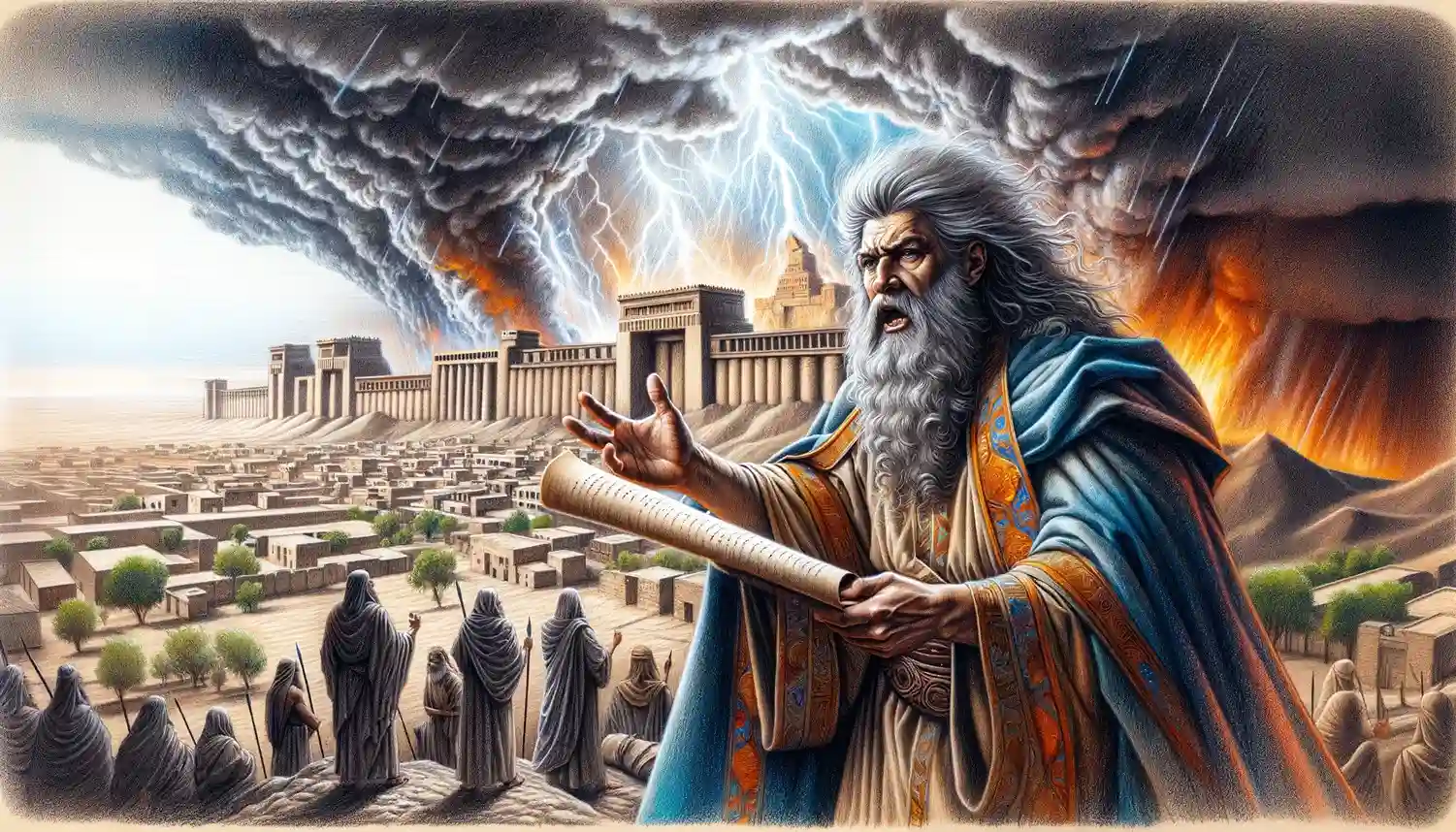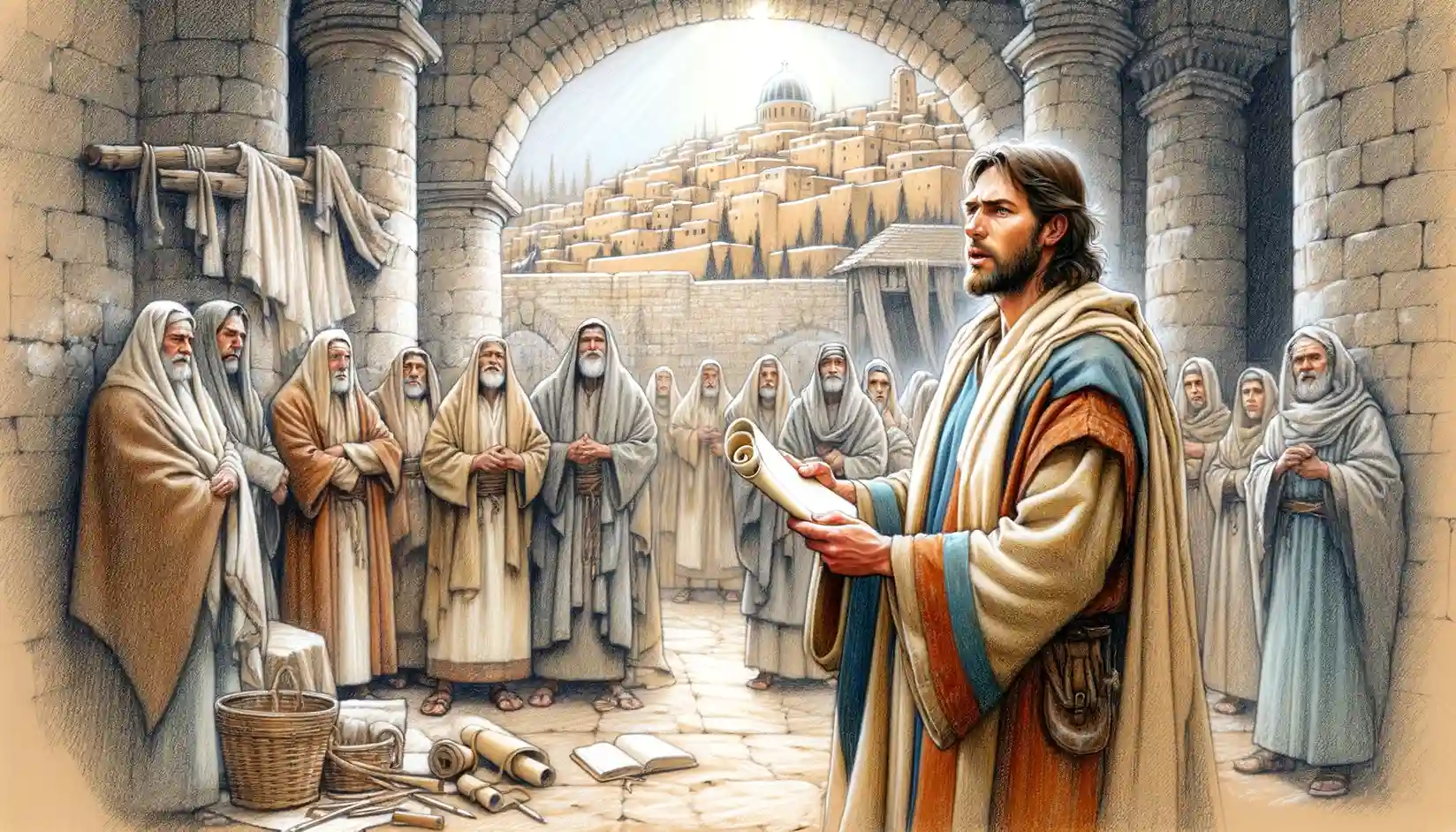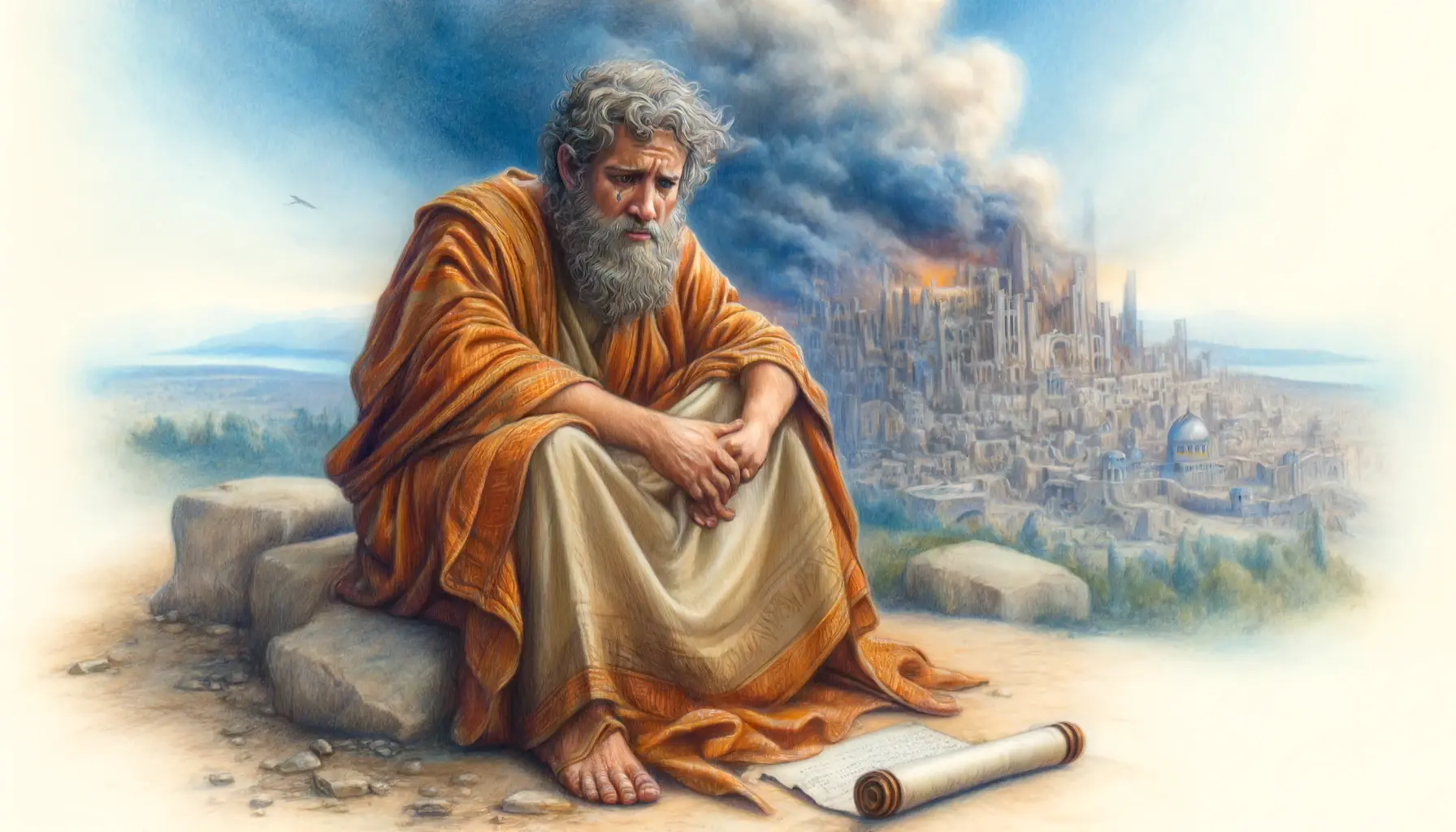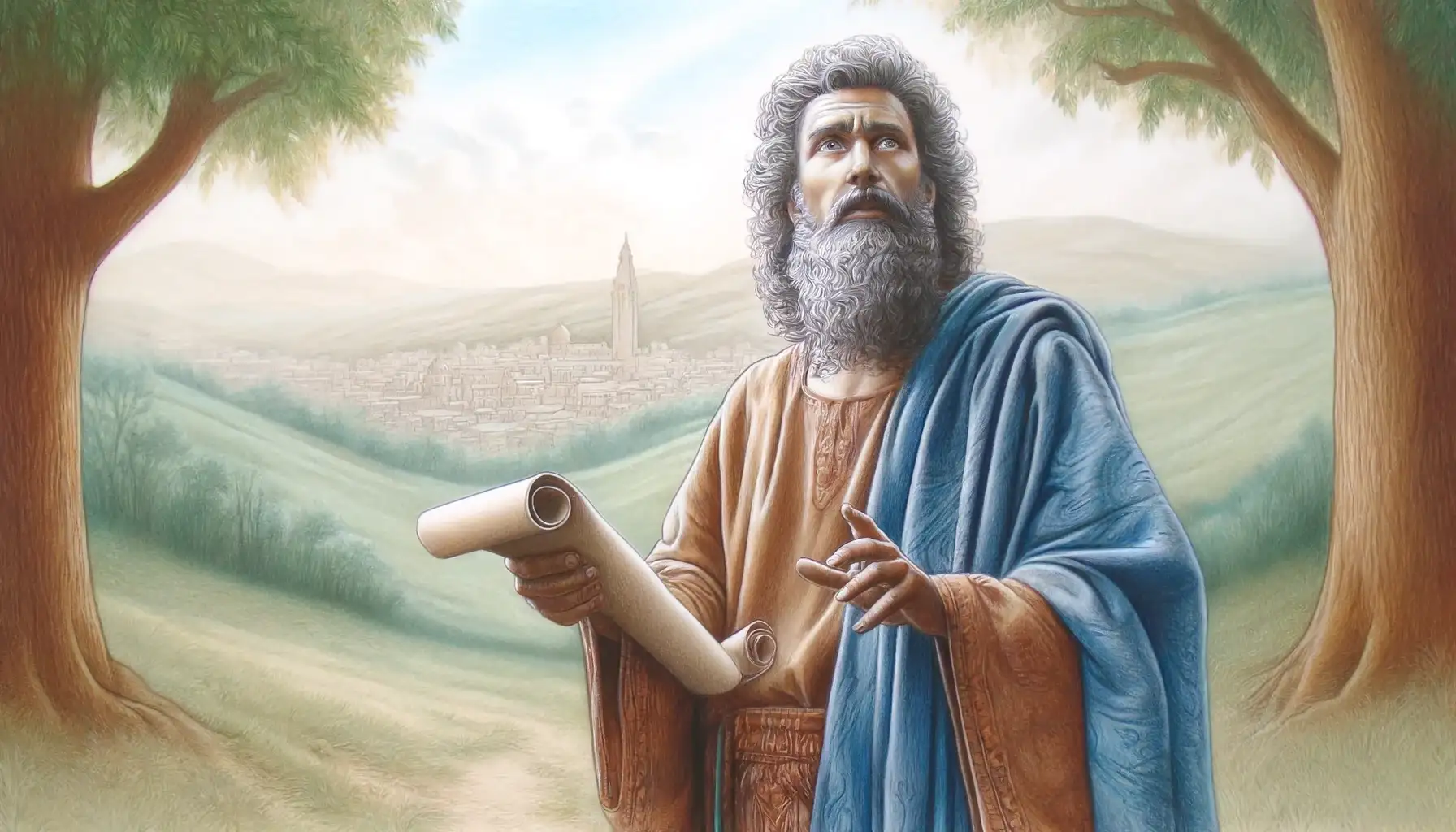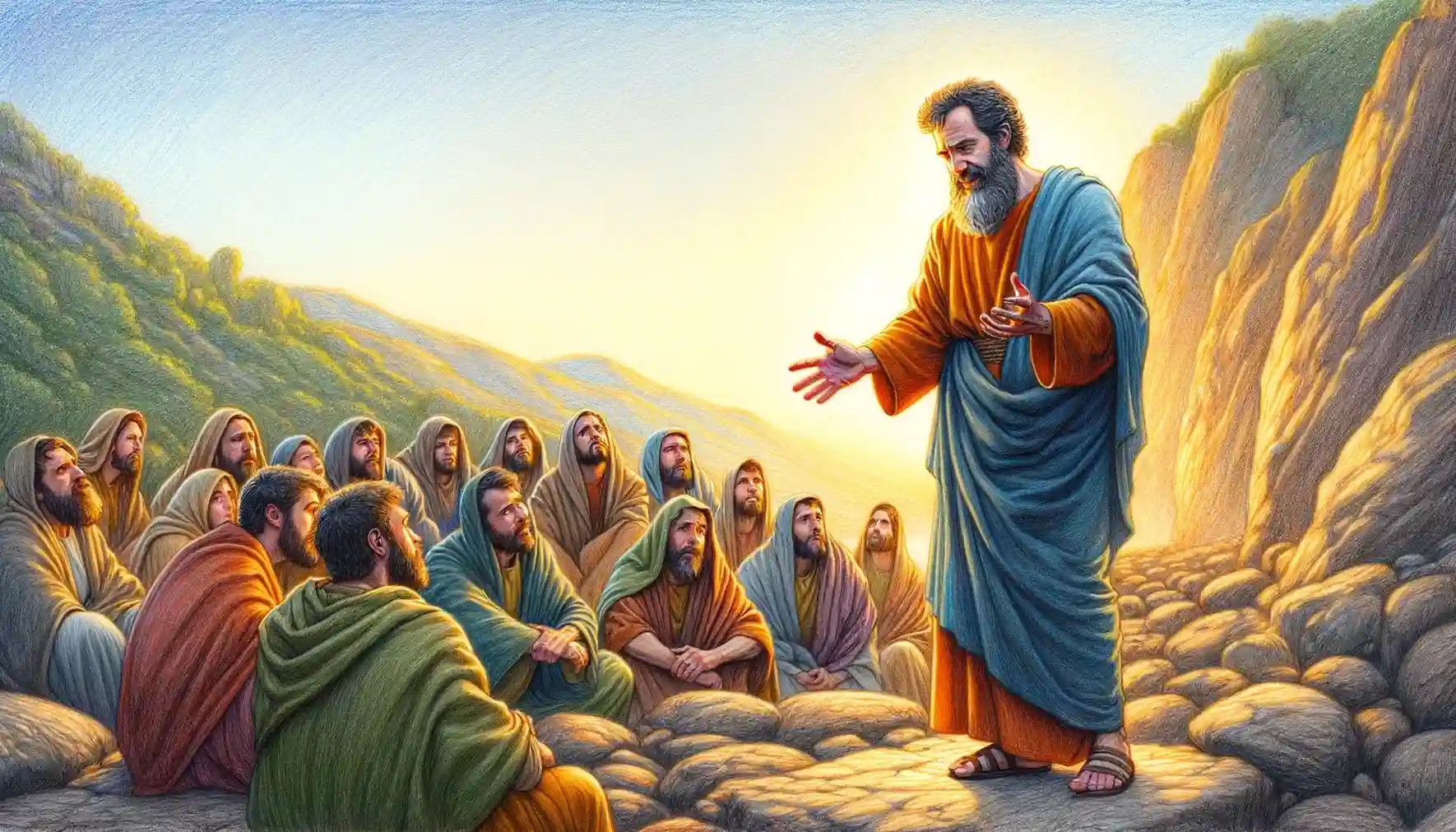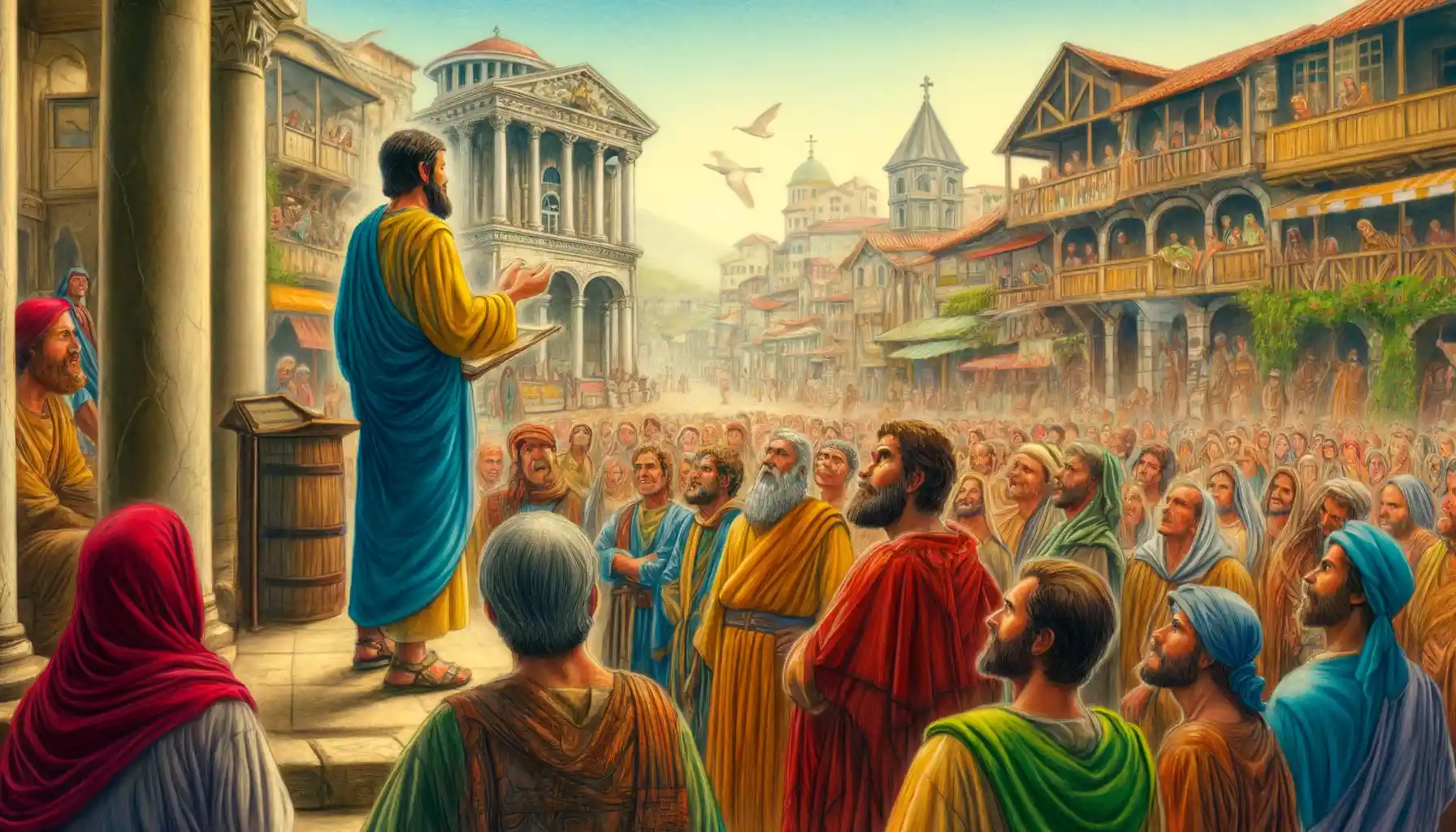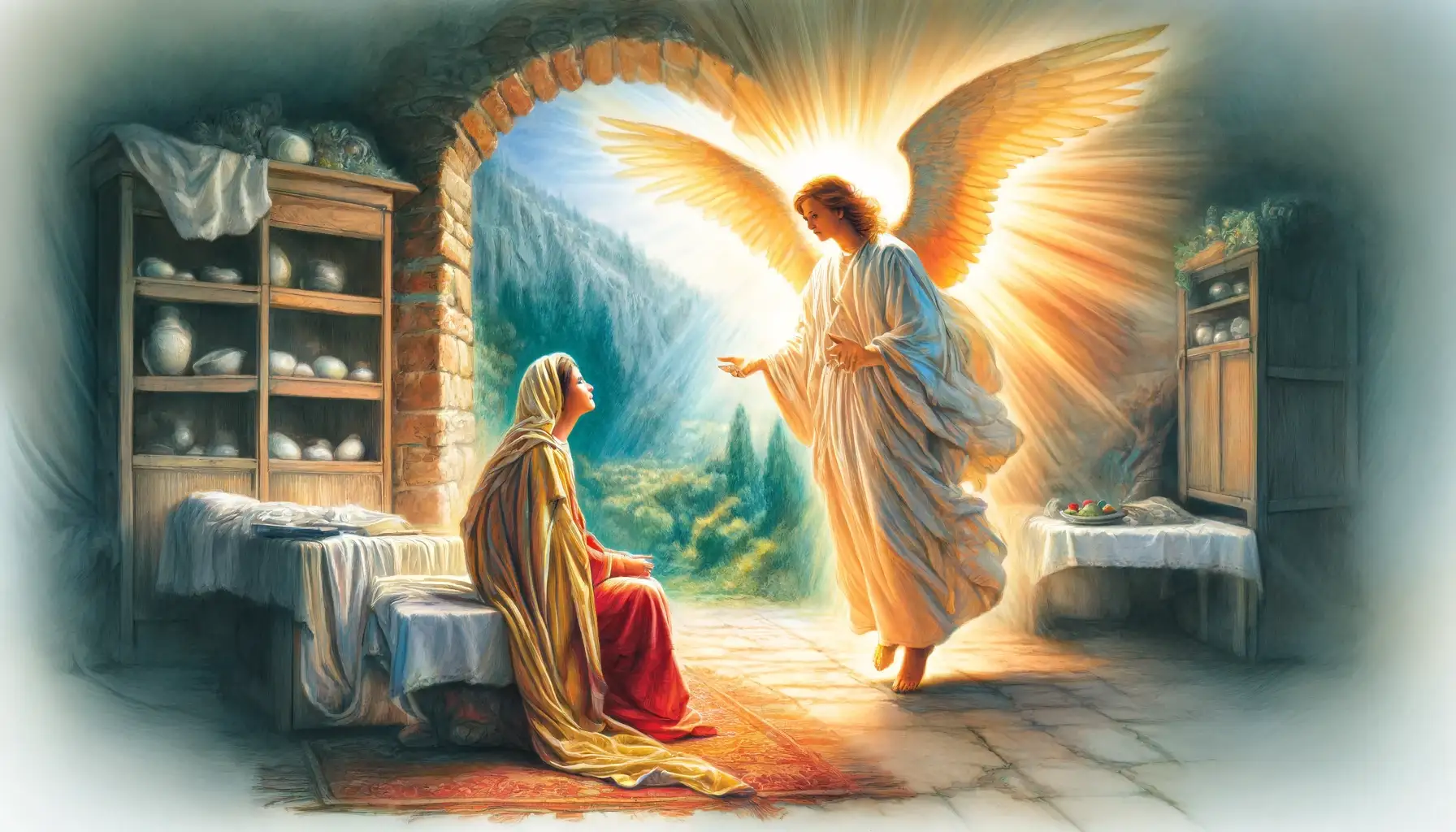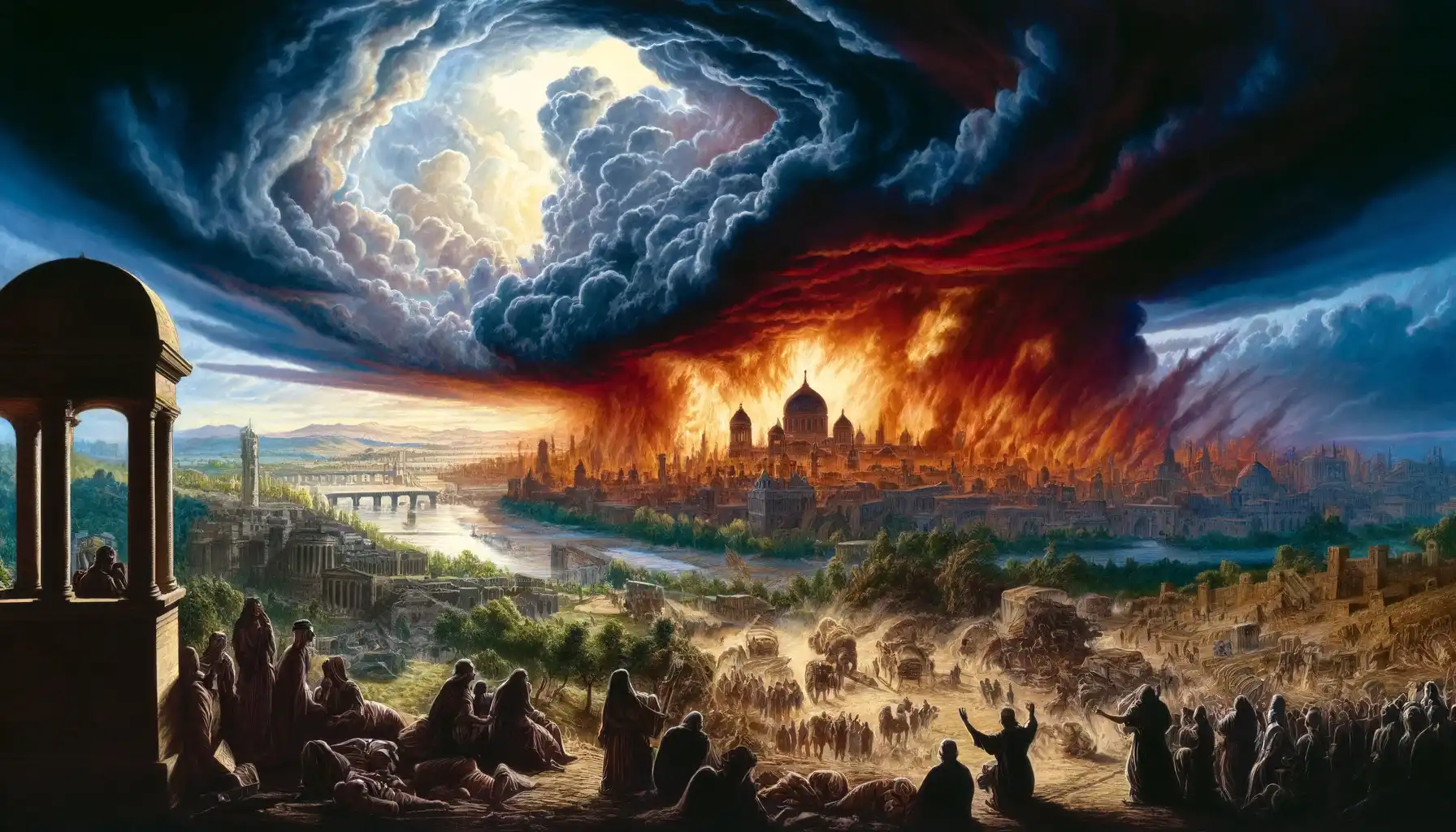Nahum, a prophet in the Hebrew Bible, prophesied the fall of Nineveh, emphasizing divine justice and the inevitable downfall of oppressive powers, while offering a message of hope and comfort to Judah.
Micah, a prophet in the Hebrew Bible, is known for his messages on social justice and his significant prophecy about the Messiah’s birthplace, identifying Bethlehem as the location where the Messiah would be born.
Jeremiah, known as the “weeping prophet” and the author of Lamentations, delivered messages of judgment and hope, mourning the destruction of Jerusalem while foretelling a new covenant between God and His people.
Isaiah, a major prophet in the Hebrew Bible, is known for his extensive prophecies about the coming Messiah, detailing His birth, ministry, suffering, and triumph, and emphasizing themes of judgment, redemption, and hope.
Ezekiel, a prophet and priest during the Babylonian exile, is best known for his symbolic visions, including the vision of the valley of dry bones, which conveyed messages of hope, restoration, and divine presence to the exiled Israelites.
The Book of 1 Peter offers enduring encouragement and exhortation to persecuted believers, emphasizing their identity in Christ and calling them to live holy lives, rooted in hope and grounded in the grace of God.
The Book of 1 Thessalonians provides early Christians with practical guidance for holy living, reassurance concerning Christ’s return, and encouragement to persevere in faith amidst persecution.
The Gospel of Luke is notable for its narrative richness, theological depth, and emphasis on the compassionate and universal nature of Jesus’ ministry.
The Book of Zephaniah offers a profound exploration of divine justice, emphasizing the seriousness of sin and the hope available through repentance and humility.
Ezekiel’s messages of doom are balanced with his visions of future hope, making it a deeply complex and influential prophetic book within the biblical canon.

